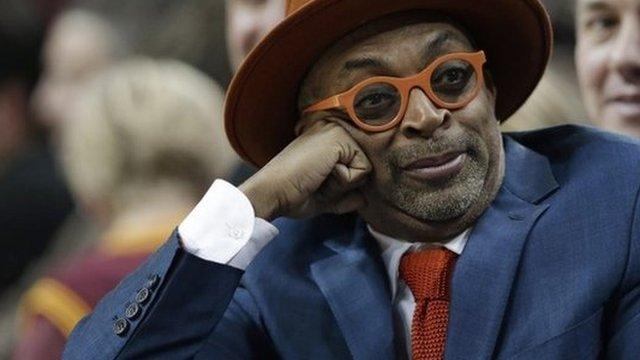Oscars diversity debate: Academy appoints 'diverse voices'
- Published
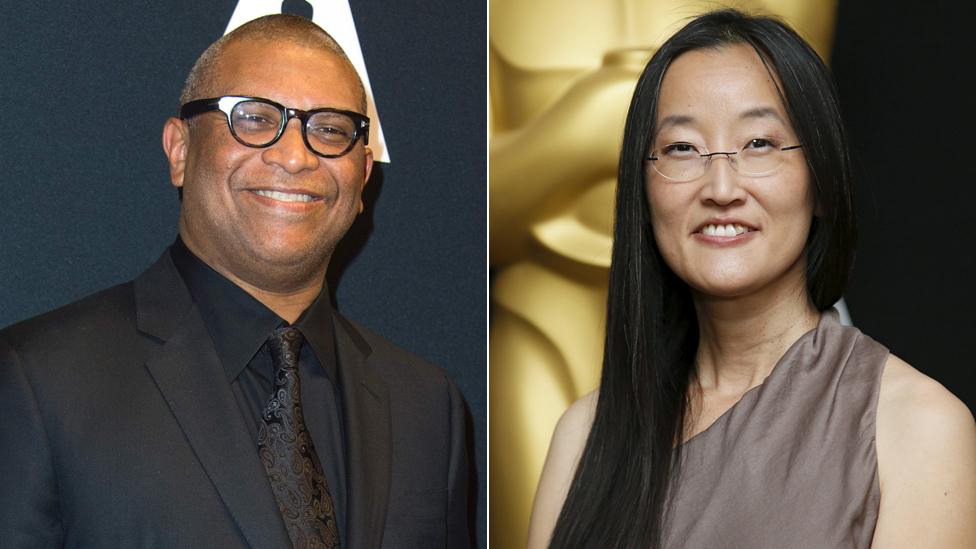
Reginald Hudlin and Jennifer Yuh Nelson have been appointed as Academy governors
The Academy of Motion Picture Arts and Sciences, which awards the Oscars, has added "diverse voices" to its board after a row about ethnic diversity.
Three new governors have been appointed, including African-American producer Reginald Hudlin and Korean-born director Jennifer Yuh Nelson.
The move comes after several Hollywood figures boycotted this year's Oscars.
Academy president Cheryl Boone Isaacs said the board now had "much more of a diversity to it".
Spike Lee and Jada Pinkett-Smith were among those who objected to there being no non-white nominees in the acting categories and the row saw the hashtag #OscarsSoWhite trending for several days after the nominations were announced.
The Academy has also appointed six new committee members, which include Mexican actor Gael Garcia Bernal and African-American producers Effie Brown and Stephanie Allain.
'Very sorry'
Boone Isaacs said: "We set out, even a few years ago, to have more inclusion and certainly have stepped it up.
"We just want to keep this process going, and so were really happy that were able to announce these additions."
Other changes announced include limiting Oscar voting rights to those active in the movie business.
The Academy also apologised after criticism from some Asian academy members who were offended by a skit during the Oscars show in February.
Activists accused host Chris Rock of perpetuating racial stereotypes when he introduced a group of accountants, who turned out to be three Asian children in suits. One of the children was also given a Jewish surname.
Rock then said: "If anybody is upset about that joke, just tweet about it on your phone, which was also made by these kids."
Boone Isaacs said she was "very sorry" people had been offended, adding: "I can understand the feelings and we are setting up a meeting to discuss, because as you well know, no one sets out to be offensive.
"I think so much is achieved with dialogue, so much is achieved. And that is what we'll continue to do: have dialogue, listen and just keep fixing.''
- Published29 February 2016
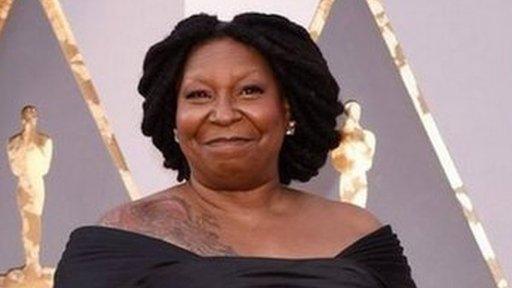
- Published19 January 2016
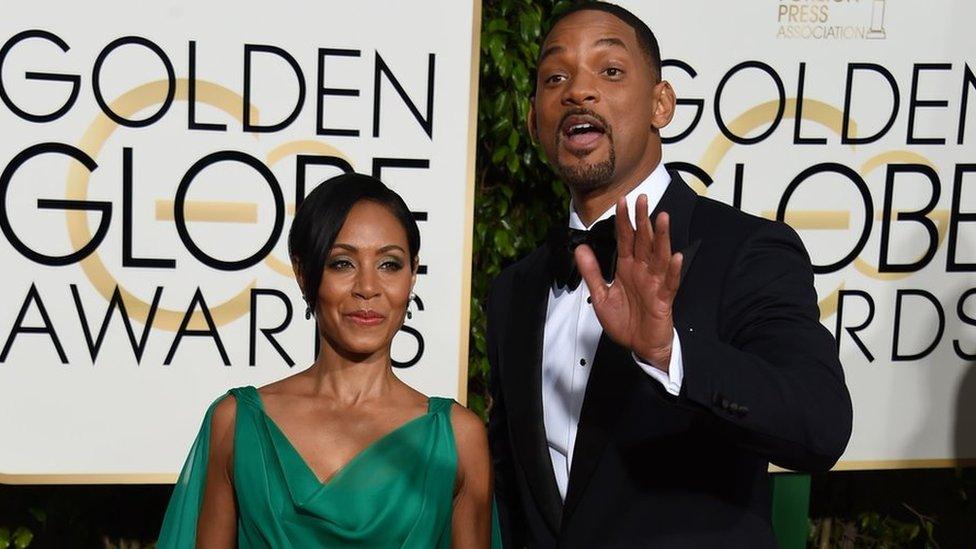
- Published26 February 2016
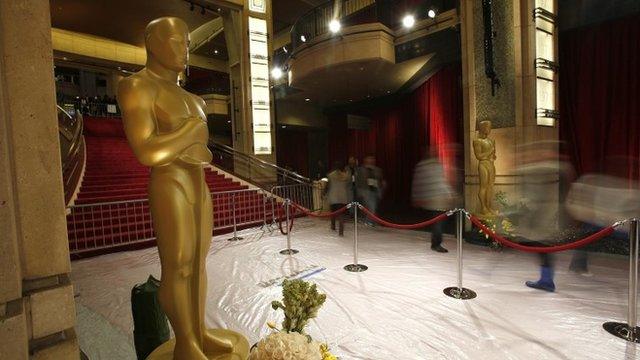
- Published19 January 2016
